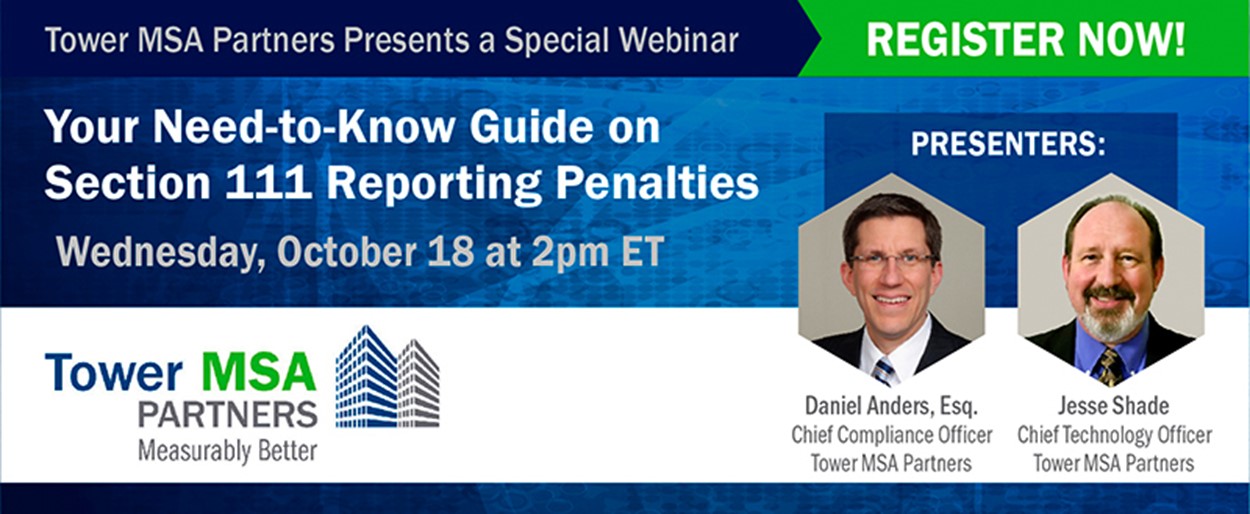New DOI Reporting Rules for Cumulative Injuries in Section 111 NGHP Guide
The new update of the Section 111 NGHP User Guide, Version 7.6, clarifies how to report the Date of Incident (DOI) in a Cumulative Injury. The Centers for Medicare and Medicaid Services added the following to Chapter III Policy Guidance, Chapter 2: Introduction and Important Terms:
Note: Cumulative injury refers to those categories of injuries that may persist or grow in severity, intensity, or pain but for which a formal diagnosis may not occur until a later date. Examples of cumulative injuries include, but are not limited to, carpal tunnel syndrome, or back pain that is not the result of an acute trauma. Exposure, ingestion, and inhalation injuries are not considered cumulative injuries for purposes of calculating DOI or any other reporting requirements.
Differentiating DOI Reporting for Cumulative Trauma vs. Exposure, Ingestion, or Inhalation Claims
We assume CMS added this note to ensure that RREs do not use the definition for DOI in cumulative trauma claims when they report an exposure, ingestion or inhalation claim, as there is indeed a difference.
Cumulative Trauma Claim DOI is defined as: The earlier of the date that treatment for any manifestation of the cumulative injury began, when such treatment preceded formal diagnosis, or the first date that formal diagnosis was made by a medical practitioner (for claims involving cumulative injury).
The guide defines the exposure, ingestion or implant DOI as:
- The date of first exposure (for claims involving exposure, including; occupational disease)
- The date of first ingestion (for claims involving ingestion)
- The date of the implant or date of first implant, if there are multiple implants (for claims involving implant(s)
The NHGP update to Chapter IV Technical Information, Section 6.3.3 also included this addition regarding TIN/TN errors:
If your address fails validation with USPS, you must visit your local USPS office to correct this issue. Please make the correction immediately, as TN errors delay MSP records posting.
Per Section 6.6.5 of the guide:
RRE Address Validation
• RREs are encouraged to pre-validate insurer and recovery agent addresses using postal verification software or online tools available on the USPS website pages such as https://tools.usps.com/go/ZipLookupAction_input. RREs should try to use standard abbreviations and attempt to limit data submitted in these fields and adhere to USPS standards. The address validation enhancements in place will “scrub” addresses submitted on the TIN Reference File using USPS standards, and we recommend that RREs also attempt to meet these standards, to improve results. Although NGHP DDE reporters do not submit TIN Reference Files, they do submit the same TIN information online. It is recommended that DDE reporters also pre-validate RRE addresses.
CMS stressed:
Please address errors immediately, as TIN errors delay MSP record posting.
In short, make sure your TIN Reference File has a USPS-accepted address. If you are a Tower Section 111 reporting client, we will advise you if the file contains an error and recommend a correction and resubmission.
If you have any questions, please contact Dan Anders at daniel.anders@towermsa.com.










